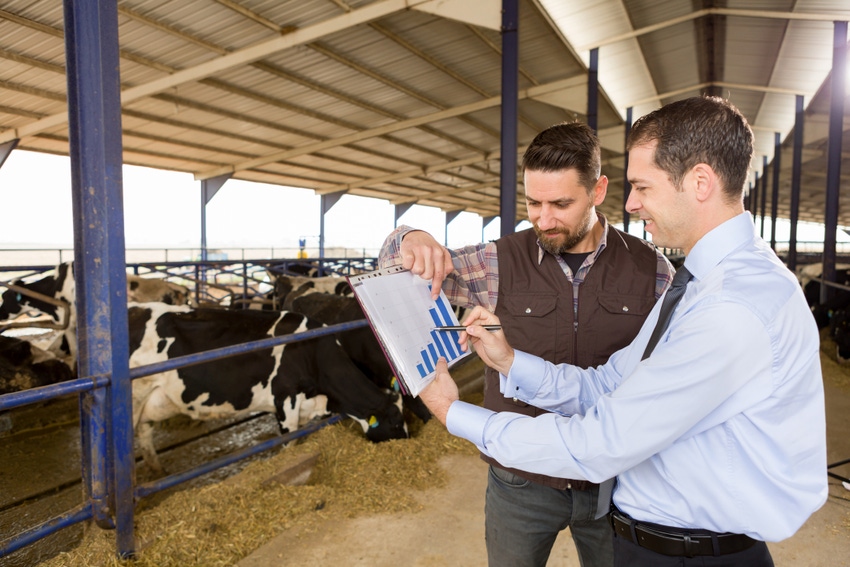
For farm leaders, making decisions for your operation is something you must do every day. Sometimes, we might not even be very aware of how we’re making decisions, especially when it comes to smaller or more routine decisions. We simply go ahead and decide, because it’s our responsibility.
But other times, decisions can loom large. Maybe there’s a lot at stake. Maybe the decision will have effects and implications for other aspects of our operation. Worry and anxiety comes in and leads to paralysis – the inability to make any decision.
We can also become overwhelmed by the sheer amount of data or information that’s available for us to go through. Maybe we dive deeply into the information – but find that analyzing it in light of our operation’s unique situation is a challenge.
What’s best for our farm might not necessarily be what’s best for the majority or what appears to be best based on university averages. We know our operation is unique, but how can we tailor the information available to us?
Use a process
Working on how we make decisions – and striving to learn how to make the best ones possible – is one of the primary responsibilities of the farm leader. Unless you have a clear process in place for how you make major decisions, you’ve probably felt this way.
One way to improve decision-making on the farm is to set up a clear process. Not all decisions need to go through the process – so we first must define what qualifies as a “big enough” decision that it needs to go through the steps.
What’s “big enough” will vary from operation to operation. You might define that based on a certain dollar amount – a purchasing or marketing decision that will involve a certain number of dollars or higher, for example. Or you might decide that every decision having to do with inputs will go through the process.
Set it up
Once you’ve decided what qualifies as the type of decision that will go through the process, it’s time to create a basic process itself. Your formal decision-making process can be as simple or complex as your operation needs it to be – but clarity and simplicity are generally good things.
Here are some questions to consider when setting up your process:
Who needs to be involved in the decision-making process? At what points?
What data and information will we use? How will we analyze it for our unique operation?
Who will we consult? What advice and opinions will we seek out?
How will we reach a final decision? Is it possible to break the decision down into smaller decisions?
How will we implement the decision? Who is responsible?
How will we plan to evaluate our decision-making and process, so we continue to improve? (Hint: It’s not about evaluating things based solely on the outcome of the decision.)
Getting a formal decision-making process in place for your operation can be a helpful tool. You can get some more help with creating a process for your operation by talking with an advisor for the farm.
The opinions of the author are not necessarily those of Farm Futures or Farm Progress.
About the Author(s)
You May Also Like






